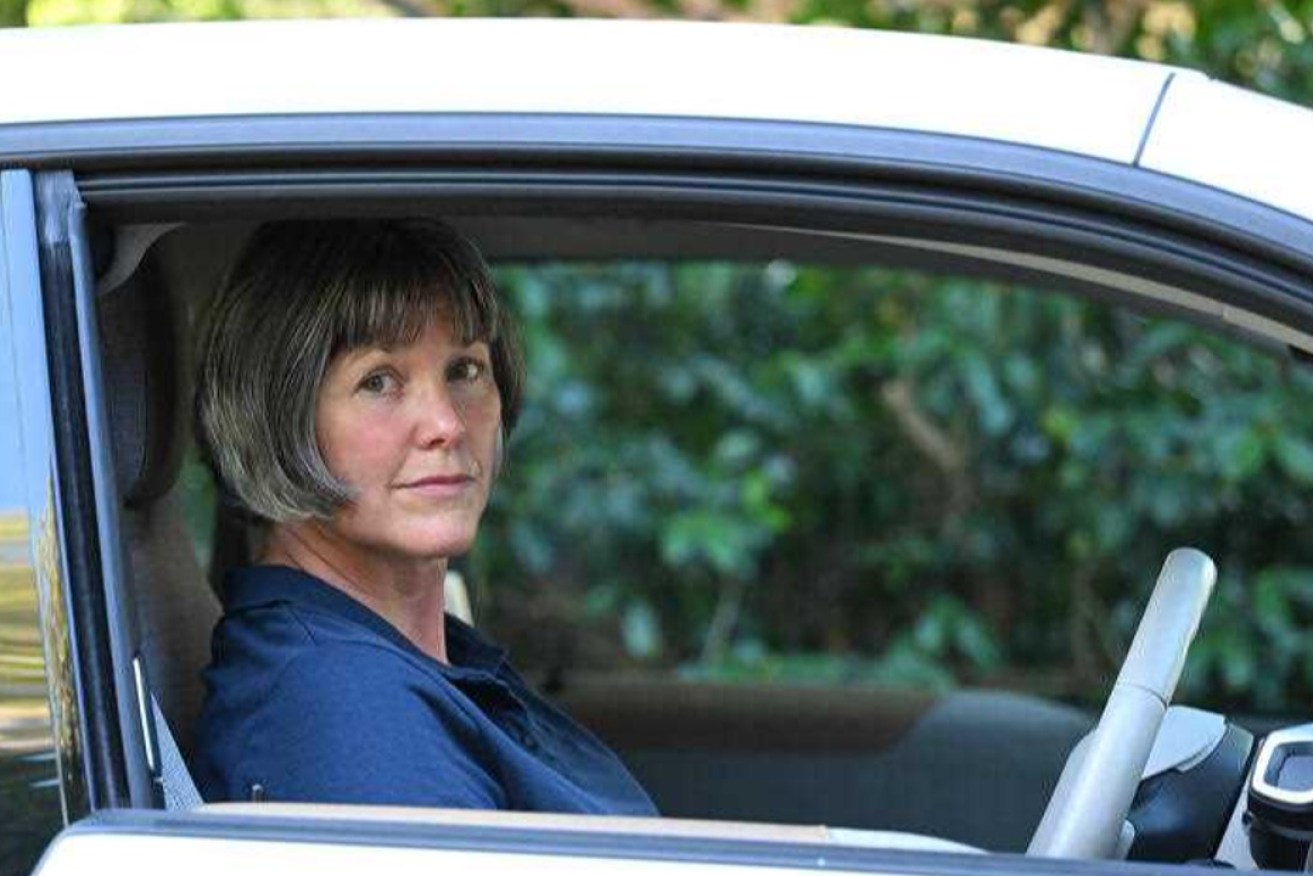High Court unplugs state electric vehicle charge
State governments cannot legally tax electric and hybrid vehicle owners with a per-kilometre fee, after the High Court ruled such an excise can only be imposed federally.

Kath Davies was one of the plaintiffs in a case against Victoria’s Zero and Low Emission Vehicles Tax. Photo: AAP Image/James Ross
The High Court on Wednesday ruled on a case involving Victoria’s road user tax on low-emission vehicles, launched by two electric vehicle drivers in 2021.
The court found the Victorian government could not charge electric, hydrogen and plug-in hybrid vehicle owners a fee for each kilometre they travel.
Rather, the road user charge is a duty of excise that can only be imposed by the federal government.
The outcome is expected to affect more than just Victorian drivers as attorneys-general for all states and territories intervened to argue for the right to tax low-emission vehicle owners, with NSW and Western Australia have announced plans to introduce similar schemes in July 2027.
South Australia had planned to impose the same fee but the Malinauskas Government repealed the previous government’s pay-per-kilometre tax in February 2023, while reserving the right to bring it back once EV sales reached 30 per cent of new car sales.
Despite scrapping the proposed tax, the government backed Victoria in court.
Victorian drivers Kath Davies and Chris Vanderstock launched the lawsuit shortly after the state government introduced its Zero and Low-Emission Vehicle road user charge.
The law charges electric and hydrogen vehicle owners 2.8 cents for each kilometre they travel during the year and plug-in hybrid vehicle owners 2.3 cents.
Hybrid vehicles are exempt.
The charges were introduced due to concerns that EV and hybrid vehicle owners would not have to pay petrol taxes used to help maintain roads.
Motorists are required to submit photographs of their vehicle odometer to the state government each year and, if they fail to, can be charged for driving 13,500km or have their registration suspended or cancelled.
But lawyers for Davies and Vanderstock argued the road user charge was a consumption tax that replaced the federal fuel excise tax and, according to the Constitution, could not be collected by state governments.
Davies said in a statement she was thrilled by the judgment.
“Australia is lagging behind the rest of the world on electric vehicle uptake,” she said.
“Now is not the time to be taxing electric vehicles – it’s the time to be doing everything we can to encourage people to make the switch to cleaner cars.”
Equity Generation Lawyers senior associate David Hertzberg said it was a “landmark constitutional decision”.
“Today’s judgment means that Victoria’s electric vehicle tax is invalid. It also sets a precedent which will likely prevent other states from implementing similar legislation.”
While Victoria is the only state to charge low-emission vehicle owners so far, NSW and Western Australia have announced plans to introduce similar schemes in July 2027.
Motor Trade Association SA/NT CEO Darrell Jacobs said the court ruling must pave for the way for a “nationally consistent road user charge for all motorists”.
“All road users must pay their way on our roads,” he said.
“Electric vehicle owners in South Australia do not contribute to road user charges which are collected as an excise in fuel prices and contribute to infrastructure and road maintenance.
“Every motorist benefits from this critical investment so it only makes sense that everybody contributes towards it. Now is the time to take action or we otherwise risk further deterioration of our roads as electric vehicle sales grow.
“Petrol and diesel drivers should likewise not have to subsidise infrastructure investments on behalf of EV owners.”
-with AAP




